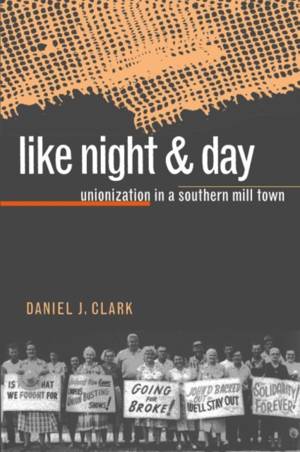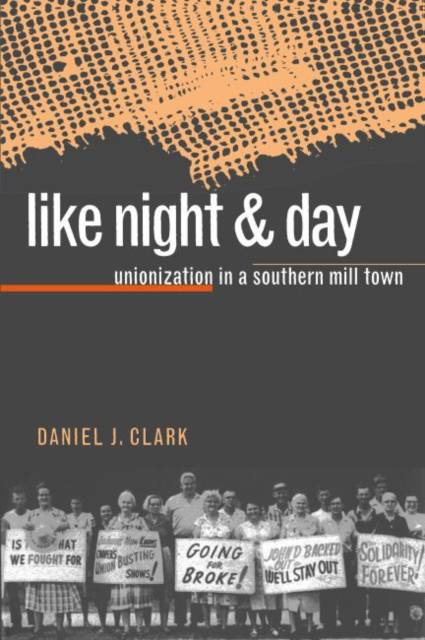
- Retrait gratuit dans votre magasin Club
- 7.000.000 titres dans notre catalogue
- Payer en toute sécurité
- Toujours un magasin près de chez vous
- Retrait gratuit dans votre magasin Club
- 7.000.0000 titres dans notre catalogue
- Payer en toute sécurité
- Toujours un magasin près de chez vous
Description
From the signing of contracts in 1943 until a devastating strike fifteen years later, the union gave local workers the tools they needed to secure at least some measure of workplace autonomy and respect from their employer. Union-instituted grievance procedures were not without flaws, says Clark, but they were the linchpin of these efforts. When arbitration and grievance agreements collapsed in 1958, the result was the strike that ultimately broke the union. Based on complete access to company archives and transcripts of grievance hearings, this case study recasts our understanding of labor-management relations in the postwar South.
Spécifications
Parties prenantes
- Auteur(s) :
- Editeur:
Contenu
- Nombre de pages :
- 272
- Langue:
- Anglais
Caractéristiques
- EAN:
- 9780807846179
- Date de parution :
- 03-03-97
- Format:
- Livre broché
- Format numérique:
- Trade paperback (VS)
- Dimensions :
- 157 mm x 234 mm
- Poids :
- 408 g

Les avis
Nous publions uniquement les avis qui respectent les conditions requises. Consultez nos conditions pour les avis.






